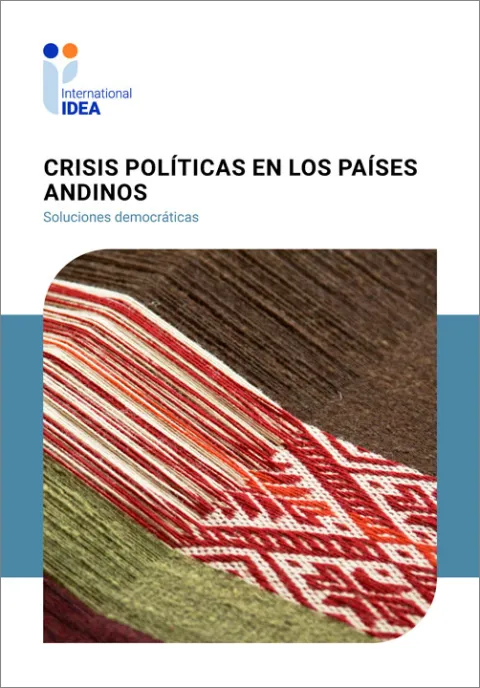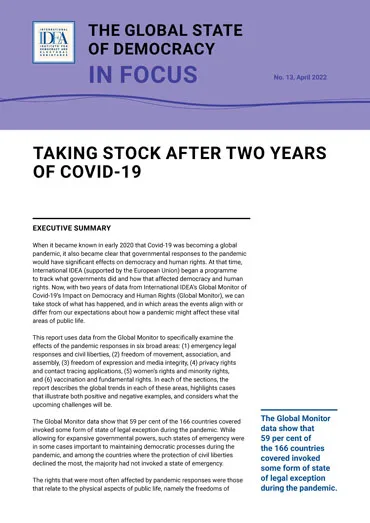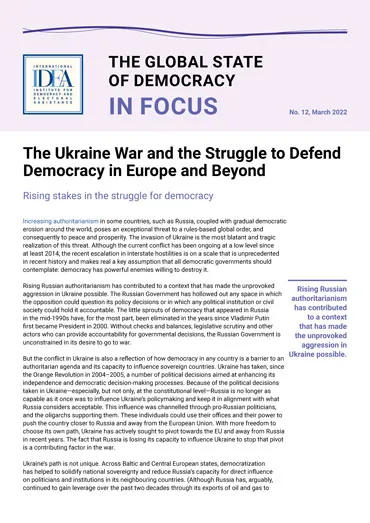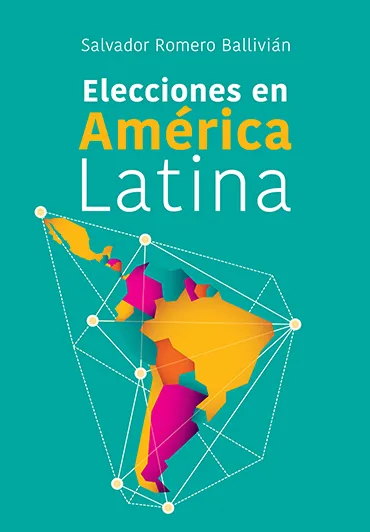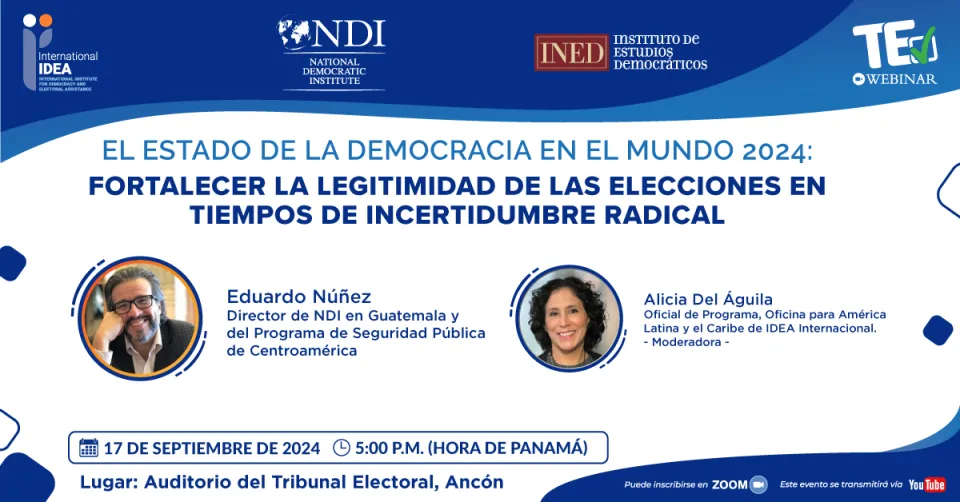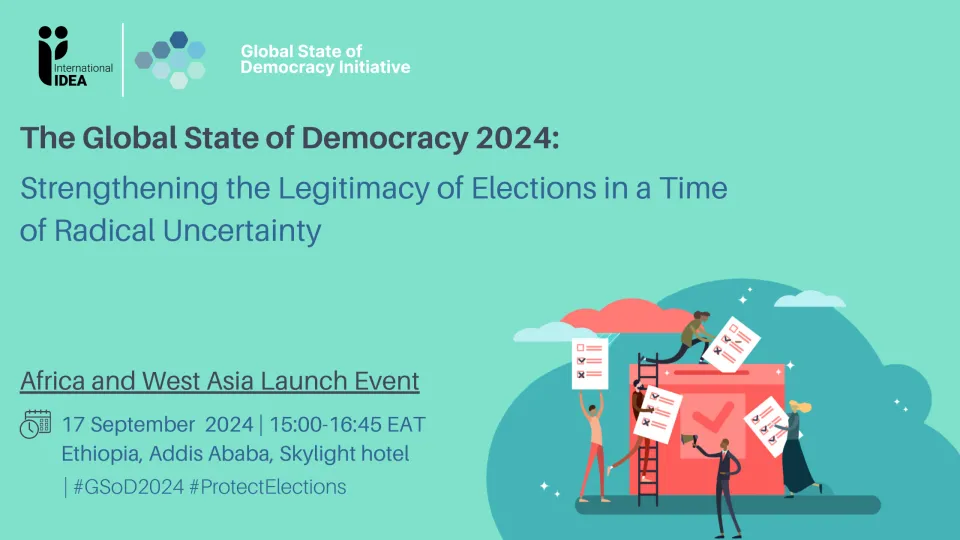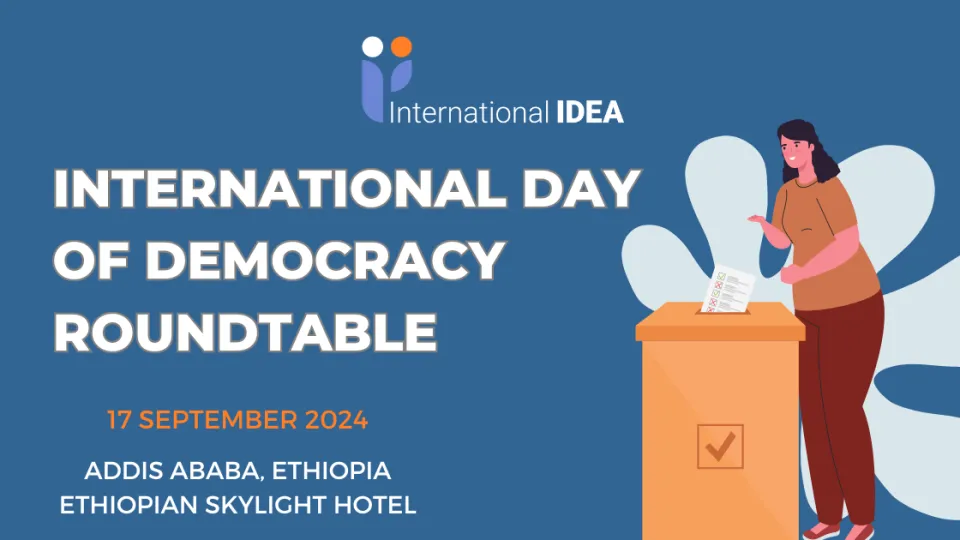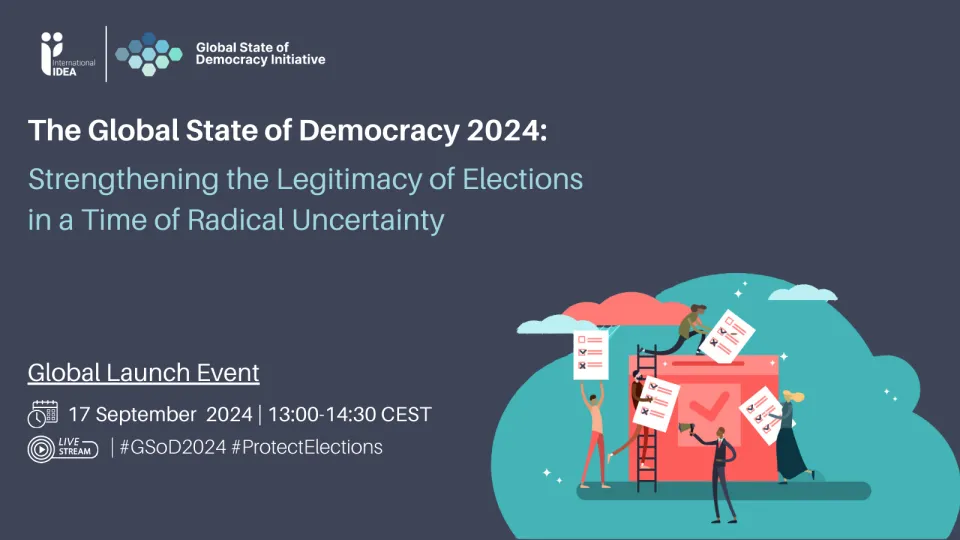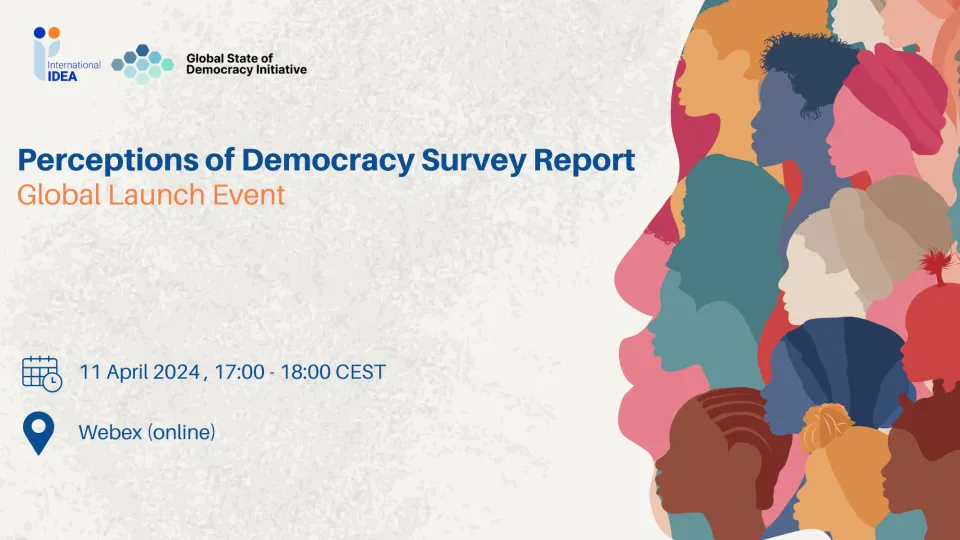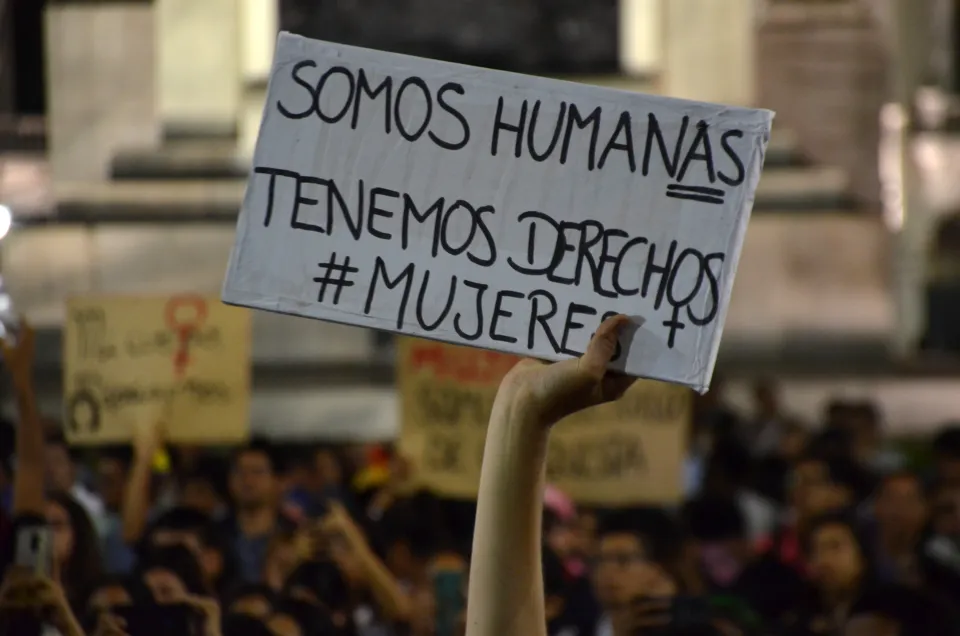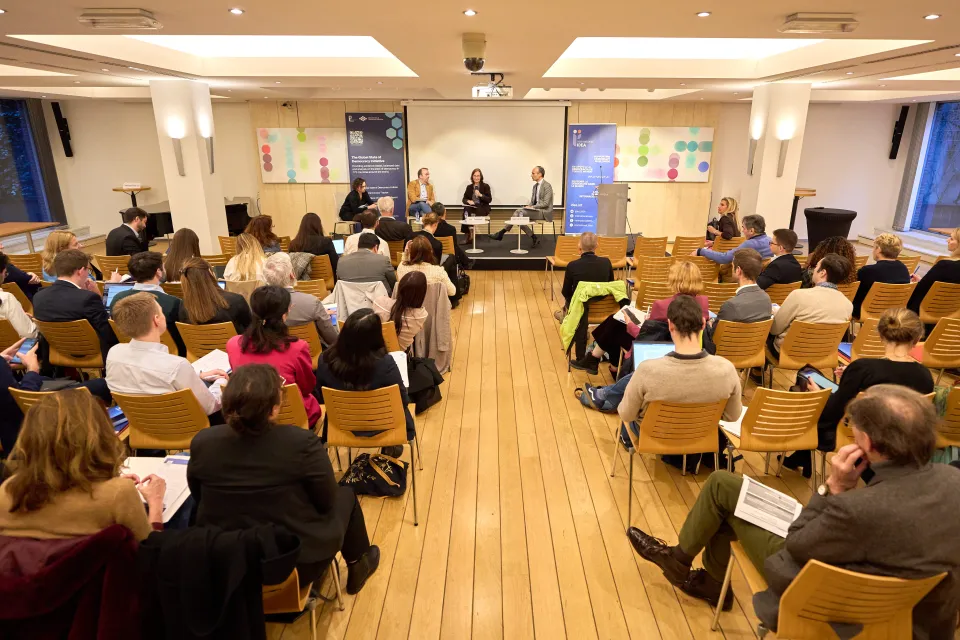Taking Stock of Regional Democratic Trends in Latin America and the Caribbean Before and During the COVID-19 Pandemic
This GSoD In Focus Special Brief provides an overview of the state of democracy of Latin America and the Caribbean at the end of 2019, prior to the outbreak of the pandemic, and assesses some of the preliminary impacts that the pandemic has had on democracy in the region in 2020.
Key findings include:
- Democratically, the region was ailing prior to the pandemic, with some countries suffering from democratic erosion or backsliding, others from democratic fragility and weakness. Overall, trust in democracy had been in steady decline in the decade preceding the pandemic. Citizen discontent has culminated in a protest wave hitting several countries in the region at the end of 2019.
- The COVID-19 pandemic has hit a Latin American and Caribbean region plagued by unresolved structural problems of high crime and violence, political fragmentation and polarization, high poverty and inequality, corruption, and weak states.
- Long-overdue political and socio-economic reforms have compounded the health and economic crises caused by the pandemic. This, coupled with heavy-handed approaches to curb the virus, risk further entrenching or exacerbating the concerning democratic trends observed in the region prior to the COVID-19 outbreak.
- The challenges to democracy Latin America and the Caribbean during the pandemic include: the postponement of elections; excessive use of police force to enforce restrictions implemented to curb the pandemic; use of the military to carry out civil tasks; persistent crime and violence; new dangers for the right to privacy; increases in gender inequality and domestic violence; new risks posed to vulnerable groups; limited access to justice; restrictions on freedom of expression; executive overreach; reduced parliamentary oversight; political polarization and clashes between democratic institutions; new openings for corruption; and a discontented socially mobilized citizenry that rejects traditional forms of political representation.
- Despite the challenges, the crisis ultimately provides a historic opportunity to redefine the terms of social contracts across the region, and for governments to think innovatively about how to open up spaces for dialogue and civic participation in order to build more inclusive, sustainable and interconnected societies, as well as more accountable, transparent and efficient democratic systems of government.
The review of the state of democracy during the COVID-19 pandemic in 2020 uses qualitative analysis and data of events and trends in the region collected through International IDEA’s Global Monitor of COVID-19’s Impact on Democracy and Human Rights, an initiative co-funded by the European Union.
Details
Contents
1. Introduction
The democratic landscape in Latin America and the Caribbean prior to the COVID-19 pandemic
2. Democracy during the COVID-19 pandemic: challenges and opportunities
2.1. Challenges to democracy
2.2. Opportunities for democracy
3. Policy considerations
Conclusion
Abbreviations
References
Give us feedback
Do you have a question or feedback about this publication? Leave us your feedback, and we’ll get back to you
Send feedbackTaking Stock of Regional Democratic Trends in Latin America and the Caribbean Before and During the COVID-19 Pandemic
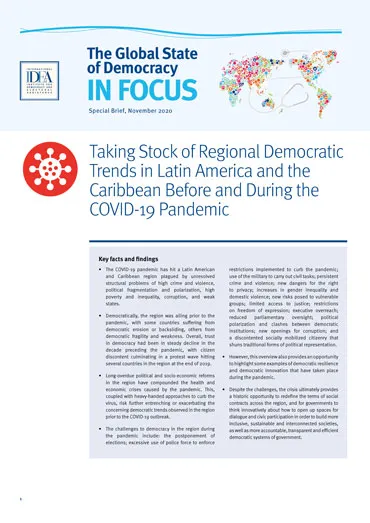
| Total views | 6980 |
|---|---|
| Downloads | 4 |
| Rating |
Give us feedback
Do you have a question or feedback about this publication? Leave us your feedback, and we’ll get back to you
Send feedback